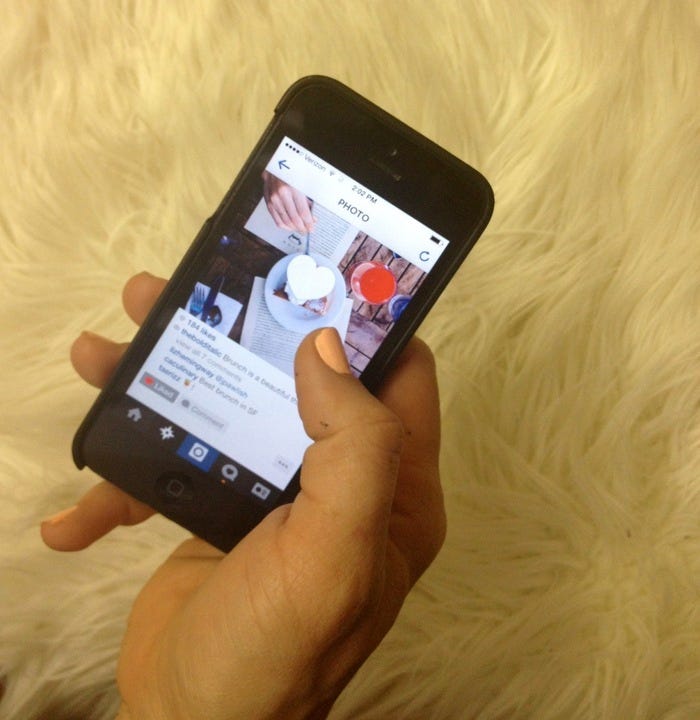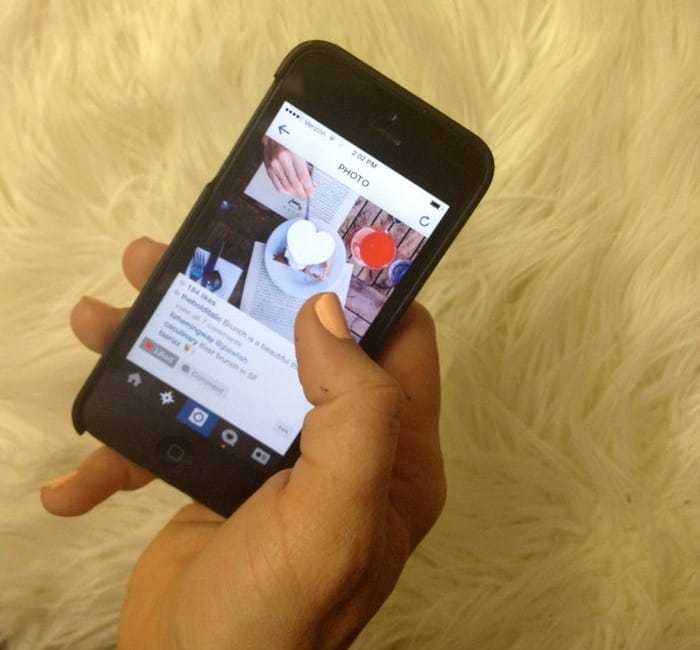By Sarah Han

Last week, a new service called Lovematically was blocked by Instagram. The app, which claims to “spread the love,” was developed by Rameet Chawla and allows users to automatically like every post in your Instagram feed. If you’re Insta-savvy, you already know that flattery works: liking another person’s photo is a good way to get a reciprocal follower. And by liking the right Instagrammer, you could suddenly find your own feed blowing up with new followers and likes. But Instagram isn’t too happy about this new service that helps you juke the system, and I totally agree with their efforts to block the app.
According to Chawla on Lovematically, getting likes on social media is “our generation’s crack cocaine.” While I probably wouldn’t use this analogy, I can agree with Chawla on this point. People do expect immediate feedback online. We’re so used to posting comments and photos online and having people chime in that when we post something and it gets crickets, it can feel a little disconcerting. In some ways, we’ve come to equate a like with approval that carries far beyond just appreciating a vacation photo or status update. But Chawla’s solution to our so-called digital addiction seems a little wonky. He claims he created Lovematically as an easy way for people to give props to their Instagram friends, while also building their own followers. “I built it 3 months ago, and since then, I’ve averaged more than 30 new followers per day, totaly to just over 2,700 followers since inception. Pre-Lovematically, my posts would average 35 likes. Now, I routinely hit the triple digits for Likes.”
I’m not saying that Chawla is wrong. I’m sure faux-friending is an effective way of building your personal brand. Just ask Tila Tequila. But I never personally understood the joy of having thousands of random people following you and looking at your personal photos. Sure, it’s nice when a stranger who might actually become your friend appreciates your pics, but what’s the value of some 12-year-old Justin Beiber fan following you just so that you’ll follow them back? And even if the likes were coming from a person you actually do know, doesn’t it ruin it knowing that it wasn’t actually seen or liked?
Chawla says no. He claims that although his Instagram followers were initially disappointed that it was an app automatically liking their photo, they eventually became conditioned to crave the fake-likes anyway. God, that is so depressing! Is it naive for me to feel that more people would also be really weirded out and uncomfortable with this idea? Maybe so. Before it was shut down, the app launched with close to 5,000 users who were eager to fake-liking up a storm.
Instagram shut down Lovematically because the service goes against its Terms of Use, but I think it was a smart move, intended or not, for the general good. We might not be able to stop technology, but we can hopefully stop technology from controlling all of our emotions.







